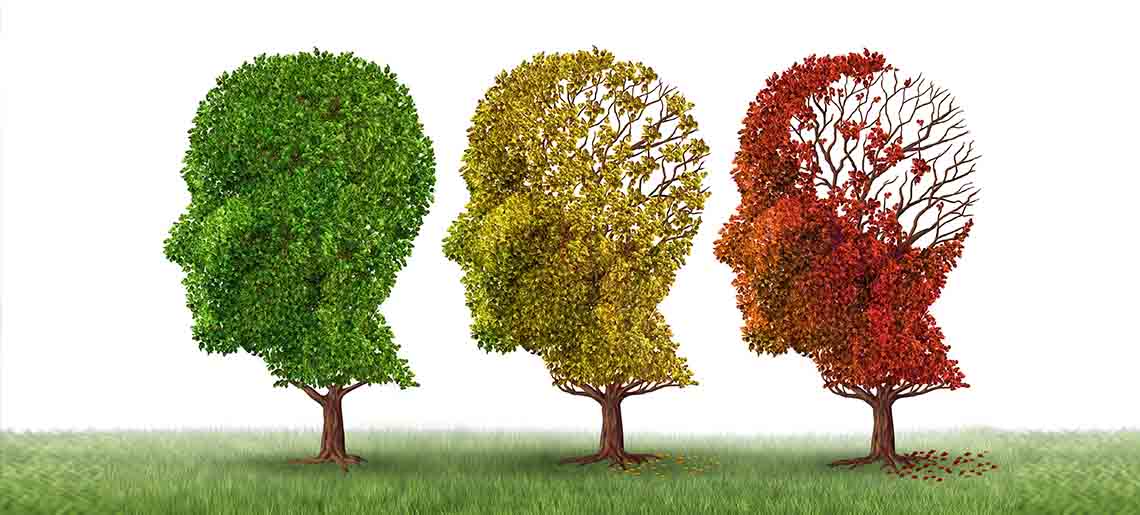Contact Us




Samvedna Care recently hosted a Dementia Support Group meeting for caregivers. Dr. Vijaykumar Harbishettar, Psychiatrist, Advisor, Samvedna Care explained the importance of correct diagnosis of Dementia, prior to starting any treatment.
The early diagnostic evaluation of patients with dementia-like symptoms is essential to identify patients with cognitive decline who may actually have underlying conditions that can be treated and reversed. Dementia is a collective term used to describe various symptoms of cognitive deterioration, including a decline in memory functioning, difficulties with orientation, judgement and planning. Symptoms of Dementia are best understood by ‘ABC changes’ in functioning, i.e., A – Changes in Activities of Daily Living and B – Behavioral and Psychological changes and C – Cognitive changes.
Making a diagnosis and providing treatment requires a lot of skill and often involves a multidisciplinary team. In a clinical setting to diagnose, the condition an expert goes through the following steps:
Cognitive assessments and scans often help the expert understand the extent of deterioration in cognitive functioning and whether this is due to dementia. Sometimes dementia-like symptoms and ABC changes can occur due to other treatable conditions. These may include medical conditions like infections, space-occupying lesions, normal pressure hydrocephalus, delirium, or even depression.
Delirium is often confused with dementia but often has an underlying cause which can be treated There are four points that distinguish delirium from dementia and these are :
Since Delirium is reversible and can be treated it is critical to identify the underlying cause early.
Pseudodementia is a situation where a person who has depression also has a cognitive impairment that looks like dementia. A person with dementia can also have depression therefore there is an overlap between the two. The differences between dementia and pseudodementia are:
The timely recognition and treatment of depression in elderly is important to differentiate from dementia and improve quality of life.
Reversible dementia and pseudodementia are often successfully treated; however, symptoms including cognitive impairment typically do not go away immediately. Both medications and psychotherapy techniques may be required before a noticeable decrease in symptoms is observed. It is important to find a qualified mental health professional to treat and monitor these conditions.
Seeking professional help for dementia care and working with your loved one by developing a dementia care plan can immensely help the caregiver and those with dementia. Samvedna Care has been continually providing top-notch senior dementia care and dementia care services that are holistic and address all the challenges faced by those suffering from dementia. With multiple intervention programs that are guided by evidence-based practices and person-centric care, Samvedna Care’s dementia care centres in Delhi promise the best dementia care for your loved one. Well researched and highly acknowledged by the medical community, these programs empower the family as a whole in the caregiving process.